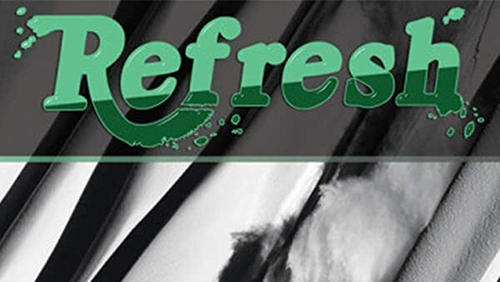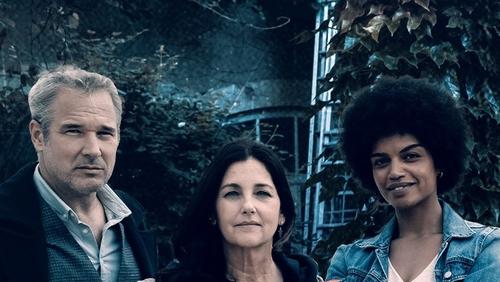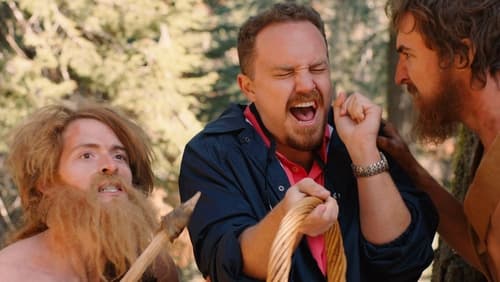"The BBC Television Shakespeare" Julius Caesar (TV Episode 1979)
43K"The BBC Television Shakespeare" Julius Caesar (TV Episode 1979). Julius Caesar: Directed by Herbert Wise. With Richard Pasco, Charles Gray, Keith Michell, David Collings. The assassination of the would be ruler of Rome at the hands of Brutus and company has tragic consequences for Brutus and the republic.
“The sets and the crowd scenes are generally well handled, but they are not what elicit a rating of 9 stars from me. Rather, the quality of the acting is what makes this production of u0026quot;Julius Caesaru0026quot; so commendable.u003cbr/u003eu003cbr/u003eRichard Pasco is especially powerful as Brutus, with a performance that goes astray in only a couple of small respects. Near the end of Act IV, Pasco as Brutus is too rough and imperious in his interaction with Claudius and Varro; the text of the play suggests to me that Brutus was being solicitous rather than overbearing in his instructions to those subordinates. In addition, the death of Brutus was not quite as persuasively staged as the death of Cassius. Still, those two minor blemishes do not detract from a performance that splendidly captures the depths of one of Shakespeareu0026#39;s most complicated characters.u003cbr/u003eu003cbr/u003eHaving mentioned Cassius, I should straightaway commend David Collings for an excellent performance that captures the nuances of the character. Collings is certainly high-strung at times, but he is thereby conveying accurately the personality of Cassius as Shakespeare depicts it. From beginning to end, Collings combines subtlety and energy in a memorable display of fine acting.u003cbr/u003eu003cbr/u003eSam Dastor is engagingly witty in his portrayal of Casca (a character who disappears from the play after the assassination of Caesar), and Alexander Davion is adept as Decius Brutus whose expostulations with Caesar play a small but pivotal part in the unfolding of the playu0026#39;s events.u003cbr/u003eu003cbr/u003eKeith Michell is generally impressive as Marc Antony. He begins in the mode of an Australian playboy who then rapidly matures into the desolate follower of a murdered master. His delivery of the u0026quot;Friends, Romans, countrymenu0026quot; oration is deft, and his performance in the second half of the play captures well both the valor and the arrogance of Antony. My one criticism is that the voice-over of the u0026quot;O, pardon me, thou bleeding piece of earthu0026quot; soliloquy does not work well. Though voice-overs are elsewhere used to good effect in this production, the soliloquy just mentioned should have been spoken throughout. During the voice-over, Michell looks as though he is bursting to speak (indeed, to yell), and he should have been given free rein to do so.u003cbr/u003eu003cbr/u003eVirginia McKenna is excellent as Portia, whose voice-overs are especially effective. Elizabeth Spriggs is a fine Calpurnia, whose glowering at Decius Brutus is both funny and poignant.u003cbr/u003eu003cbr/u003eDespite some minor flaws, this production is admirable in multiple respects — not least in its retention of nearly the full text. I heartily recommend it.”









